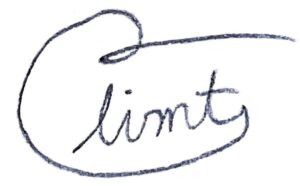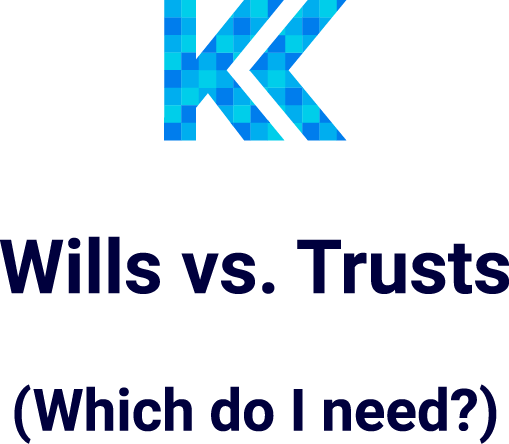Many people put off estate planning, assuming it’s only for the elderly. However, having a Will or Trust in place can be important at nearly every stage of life. These documents ensure that your assets go to the right people, your loved ones are taken care of, and your end-of-life wishes are honored.
It can feel overwhelming to figure out which documents you need for your situation. In this article, we’ll discuss a few scenarios when you should start thinking about estate planning, the differences between a Will and a Trust, and which one (or both) you might need.
What is a Will?
A Will is a legal document that specifies how you want your assets to be split up after you pass away. It also allows you to:
- Name beneficiaries to inherit your property, money, or other assets.
- Appoint an “executor” that you trust to carry out your wishes and handle your estate when you pass.
- Designate guardians for your minor children.
- Specify funeral and final arrangement preferences.
Downsides of a Will
One major drawback of a Will is that it must go through probate, a legal process where the court validates the Will, settles debts, and distributes assets. Probate can take months or even years, involves court fees, and generally becomes public record. If privacy and efficiency are your priorities, a Trust may be a better option.
What is a Trust?
A Trust is a legal entity that holds and manages assets on behalf of beneficiaries. A Revocable Living Trust, the most common type, allows you to:
- Avoid probate, allowing for a smooth and private transfer of assets when you pass.
- Maintain control of your assets while you’re alive and specify how they should be handled after you pass.
- Plan for incapacity by naming a trustee to manage your affairs if you become unable to do so.
- Plan for a person with special needs
- Provide structured distributions for your beneficiaries, such as releasing funds at certain ages or for specific purposes (education, medical, first home purchase, etc.).
Downsides of a Trust
Unlike a Will, a Trust requires more upfront work and higher legal fees to set up. You must transfer ownership of assets to the Trust (such as real estate, bank accounts, and investments) for it to be effective. If assets are left out, they may still have to go through probate.
When Do You Need a Will or a Trust?
A Will May Be Enough If…
- You don’t have many assets and want a simple plan for passing them on.
- You don’t mind your estate going through probate.
- You need to name a guardian for your kids if you pass while they’re a minor.
- You’re young and just starting out financially.
A Trust May Be a Better Choice If…
- You own real estate (especially multiple properties).
- You have significant assets or a complex financial situation.
- You want to avoid probate and keep your estate private.
- You want to provide for minor children or other dependents with structured distributions.
- You’re concerned about incapacity and want a trustee to manage your affairs if needed.
Do You Need Both?
Many people benefit from having both a Will and a Trust. A Trust can handle your major assets and ensure they pass smoothly to beneficiaries, while your Will serves as a backup for any assets not placed in the Trust (sometimes referred to as a pour-over will). A Will is also necessary for naming guardians for your kids, something a Trust can’t do.
Without either document, your assets will be distributed according to state law, which rarely aligns with all of your best wishes. This typically leads to delays, higher legal expenses, and family conflicts while handling your estate.
Final Thoughts
Estate planning isn’t just for the elderly. It’s for anyone who wants to protect their loved ones and ensure a smooth transition of their assets. Whether you need a Will, a Trust, or both, getting started as early as possible helps prevent complications and provides you peace of mind.
If you need help determining which documents are right for you, consider scheduling a free assessment so I can guide you through the decision-making process.

– Clint Kraft
Founder and Financial Advisor, Kraft Capital

